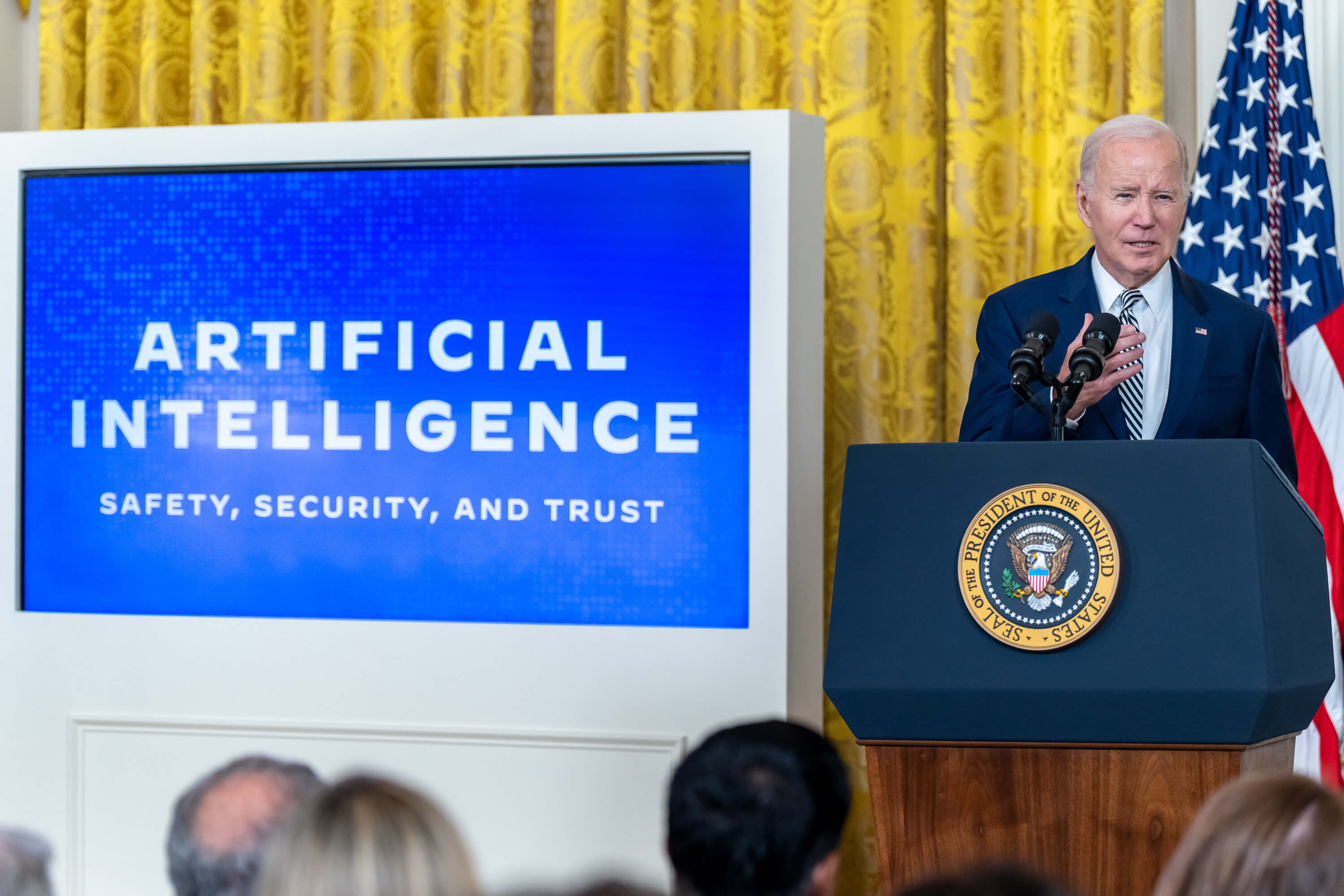Today’s Headlines and Commentary
David Pecker, the CEO of the publisher of the National Enquirer, reached an immunity deal with prosecutors in the investigation into possible campaign finance violations surrounding the Trump campaign, according to the New York Times. However, it is not clear if the deal provided immunity in exchange for disclosure or if prosecutors simply agreed not to prosecute him based on the facts he disclosed.
Published by The Lawfare Institute
in Cooperation With

David Pecker, the CEO of the publisher of the National Enquirer, reached an immunity deal with prosecutors in the investigation into possible campaign finance violations surrounding the Trump campaign, according to the New York Times. However, it is not clear if the deal provided immunity in exchange for disclosure or if prosecutors simply agreed not to prosecute him based on the facts he disclosed. This comes in tandem with an AP report that the National Enquirer kept, in a safe, documents from hush-money payments to prevent stories unfavorable to Trump. Alan Weisselberg, Executive Vice President and Chief Financial Officer of the Trump Organization, was also given immunity during the Cohen investigation, reports NBC news.
A suspected cyberattack on the Democratic National Committee (DNC) was merely a security test, reports the Washington Post. The Michigan Democratic Party hired a security firm to perform the test and neither the national party nor the firm that hosts the DNC’s database were notified. As a result of the incident, the national party is expected to issue guidance that requires notification of any such testing.
On Thursday, two men were sentenced for beating a black man after last year’s United the Right rally in Charlottesville, Va., reports NPR. In separate jury trials, Jacob Goodwin and Alex Ramos were found guilty of maliciously wounding DeAndre Harris. Earlier this week, Richard W. Preston was sentenced to four years in prison for discharging a gun in the direction of a black counter-protester at the rally. Preston was reported to be an imperial wizard in the Klu Klux Klan.
In an op-ed for the Times, Neal Katyal discusses the president’s current legal argument about Cohen’s campaign finance violation doesn’t take into account conspiracy law.
Nepali and Indian military contractors are suing Canada and the private security firm contracted to manage them, reports the New York Times. The contractors served the Canadian embassy in Afghanistan. After a suicide bombing that left them severely injured, the contractors were notified that their insurance benefits had been dramatically cut. The reduction was crafted by placing the Nepali and Indian contractors in a lower-compensated group labeled as “third country nationals.” The lawsuit argues that such a grouping violates Canadian employment law.
A leader of the Colombian rebel group the National Liberation Army met with Times reporters in Havana. Israel Ramirez Pineda, of the group’s five leaders, wants to negotiate with the Colombian government and may release hostages this week as an expression of good faith.
National security advisor John Bolton reported that he pressed his Russian counterpart on election meddling during a meeting in Geneva, reports CBS News. Bolton said, “I made it clear that we wouldn’t tolerate meddling in 2018 and that we were prepared to take necessary steps to prevent it from happening.”
Pakistan disputes the U.S. claim that Secretary Pompeo and Prime Minister Khan discussed militants operating in Pakistan, says Reuters. Pakistan usually refutes claims that the Afghan Taliban operate on its soil.
Secretary Pompeo selected Ford executive Stephen Biegun to assist in leading talks with North Korea, according to the Wall Street Journal. President Trump also tweeted that Pompeo’s upcoming visit to North Korea would be canceled because the North Korean regime has not taken steps to denuclearize.
ICYMI: Yesterday on Lawfare
Scott Anderson analyzed the president’s signing statement accompanying the NDAA.
Sarah Grant, Sabrina McCubbin, Yishai Schwartz, and Benjamin Wittes took up whether Trump’s recent comments about Paul Manafort fall within the witness tampering statute.
Masahiro Kurosaki discussed the potential and the limits of Japan’s policy shift on collective self-defense.
Quinta Jurecic posted the unsealed 1999 special master’s report on possible leaks from the independent counsel’s office in the Starr investigation.
Email the Roundup Team noteworthy law and security-related articles to include, and follow us on Twitter and Facebook for additional commentary on these issues. Sign up to receive Lawfare in your inbox. Visit our Events Calendar to learn about upcoming national security events, and check out relevant job openings on our Job Board.
We rely on contributions from our generous readers, and now, as a thank you, we're offering a Lawfare challenge coin! Get yours by making a donation at lawfarestore.com





